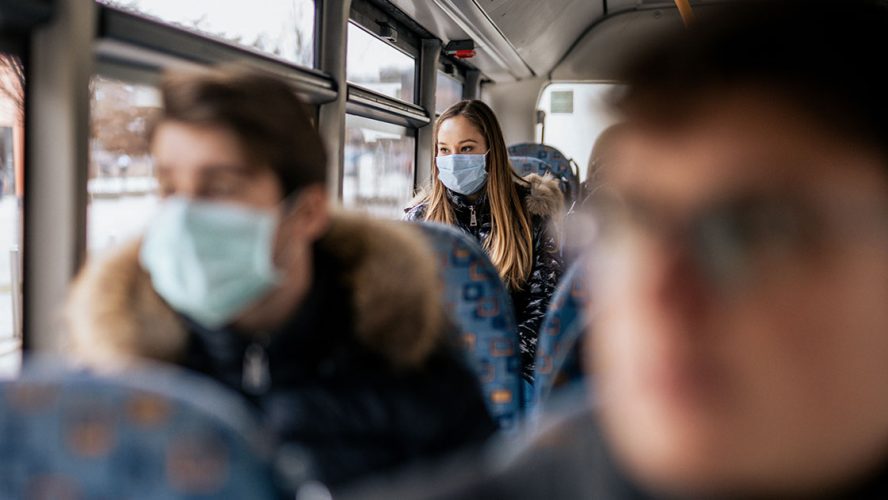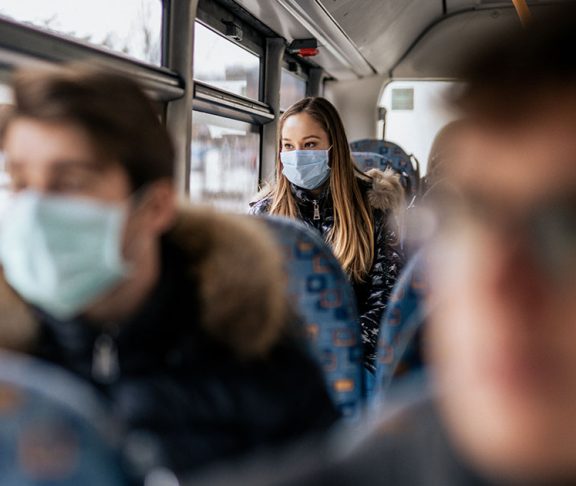
Billy J. Hensley, Ph.D.
President and CEO, National Endowment for Financial Education (NEFE)
Businesses, schools and families have altered their ways of life to cope during the pandemic. A year into this crisis, despite best efforts to lessen the economic blow, many Americans are losing jobs and facing evictions and foreclosures through no fault of their own. This plight has revealed multiple fault lines in our country and managing financial anxiety has become an ongoing struggle.
A series of studies conducted by the National Endowment for Financial Education® (NEFE®) found that 84 percent of Americans say COVID-19 is causing stress on their finances. With numbers that high, it becomes nearly impossible to find a family member, friend, or neighbor who is not deeply affected by the economic fallout of the pandemic. Even in the best of circumstances, few budgets can withstand significant financial strain that endures this long.
Fifty-five percent of U.S. adults say not having enough saved is their biggest worry and almost half (46 percent) say their ability to pay bills is causing the most financial stress.
Early in the pandemic, Americans at all income levels were similarly pessimistic about their financial futures. That pessimism now weighs more heavily on the minds of middle- and lower-income individuals and families. About one-third of Americans say they are “extremely/very concerned” about their financial situation. This sentiment is true for 30 percent of white/non-Hispanic Americans, but regretfully increases to 40 percent for Black/non-Hispanic Americans and 45 percent for Hispanic Americans.
Financial fragility
Even when we’re not under the ravages of a pandemic, far too many people live on the edge of financial fragility — the inability to handle unexpected expenses. Each year, there is a near 70 percent probability of a financial disruption. Historically, common expenses like auto repairs, home maintenance, and medical bills are among the main obstacles. But now, many are impaired by job loss and the inability to keep up with debt.
More concerning is that most people are unprepared to manage setbacks when they occur. Research shows that 36 percent of working adults could not cover the cost of a midsize budget shock of $2,000 within 30 days. And no group is immune. Financial fragility affects all ages, genders and all levels of income and education.
The data stress the need for all Americans to have emergency savings, but understandably that is easier said than done. Stimulus payments may provide some relief in helping to establish a safety net should an unforeseen financial event occur, but for many, that’s not enough.
Found money
If you’re unable to pay your bills due to job loss, furlough, or other reasons, you may choose to negotiate with your creditors to see what options are available to you. But first, scrutinize your budget for any other cuts you might be able to make to other spending areas. Is there a streaming service, membership, or utility you can adjust?
If you’re still coming up short, then you should prioritize your bills. Mortgage and housing expenses come first for many, as they don’t want to risk losing the roof over their heads. Food and medications also are a necessity. For other debts like auto loans, credit cards, and student loans, it may make sense to reach out to each lender to inquire about assistance programs they might have in place. Keep in mind that when the crisis is over, you will have to pay close attention to stay within the terms of any agreement you make with a creditor.
Reflecting on the pandemic, questions arise as to what role financial education plays in preparing people to face economic challenges, how it increases confidence to manage money during a crisis, and how it can lead to recovery as quickly as possible. There is no doubt that education will be key in the economic restoration of our country, and we’ve already witnessed financial educators and advocates developing strategies to lend a guiding hand to those who will need help in the months and years to come.
COVID-19 has had devastating consequences on our physical health, but we cannot overlook the impacts on our financial well-being.
Read more about polls conducted by NEFE and the full research report on Financial Fragility in the US: Evidence and Implications.

